IMF Provides Explicit Guidelines For Regulating Stablecoins
The International Monetary Fund (IMF) acknowledges the emergence of stablecoins and notes that top regulators have deemed them legitimate and advantageous
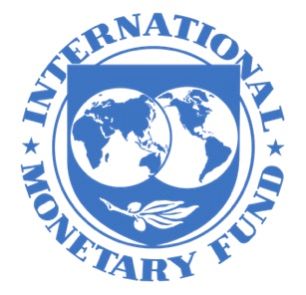
The International Monetary Fund (IMF) has acknowledged the emergence of stablecoins and provided guidance for member countries on key elements of an appropriate policy response to crypto assets. While top regulators have deemed stablecoins legitimate and advantageous, the IMF recognises the potential for these digital currencies to cause systemic risks to the economy. As such, the IMF provides explicit guidelines for regulating stablecoins instead of general principles.
The framework is composed of nine elements to help members develop a comprehensive, consistent, and coordinated policy response. These elements include safeguarding monetary sovereignty and stability, guarding against excessive capital flow volatility, establishing legal certainty, developing and enforcing prudential, conduct, and oversight requirements, establishing a joint monitoring framework, establishing international collaborative arrangements to enhance supervision and enforcement, monitoring the impact of crypto assets on the stability of the international monetary system, and strengthening global cooperation to develop digital infrastructures and alternative solutions for cross-border payments and finance.
The Executive Board of the IMF has discussed the board paper on Elements of Effective Policies for Crypto Assets. Directors agreed that while the supposed potential benefits from crypto assets have yet to materialise, significant risks have emerged. These include macroeconomic risks, which encompass risks to the effectiveness of monetary policy, capital flow volatility, and fiscal risks. They also noted serious concerns about financial stability, financial integrity, legal risks, consumer protection, and market integrity. Against this backdrop, Directors broadly welcomed the proposed framework and its elements.
Directors agreed that crypto assets have implications for policies that lie at the core of the Fund’s mandate. In particular, the widespread adoption of crypto assets could undermine the effectiveness of monetary policy, circumvent capital flow management measures, and exacerbate fiscal risks. Widespread adoption could also have significant implications for the international monetary system in the longer term. Directors, therefore, emphasised that robust macroeconomic policies, including credible institutions and monetary policy frameworks, are first-order requirements and that Fund advice in these areas will remain crucial.
The IMF recognises that efforts to put in place effective policies for crypto assets have become a key policy priority for authorities, as crypto assets may continue to evolve despite the current downturn. The paper provides a comprehensive framework for policy makers to better mitigate the risks posed by crypto assets while also harnessing the potential benefits of the technological innovation associated with it. Directors emphasised the importance of prioritising elements of the framework where countries face implementation challenges, including weak regulatory institutions. They stressed that the pace and sequencing of implementation should be tailored to countries’ respective circumstances. It will be important to underpin the regulatory treatment with clear and sound private and public law frameworks. Strong coordination between authorities, both at the domestic and international levels, is critical for consistent implementation and avoiding regulatory arbitrage. Directors also highlighted the importance of promoting the principle of “same activity, same risk, same regulation.”
Disclaimer:
GlobalStablecoins.com is an informational website that provides news about coins, blockchain companies, blockchain products and blockchain events. Don’t take it as investment advice. Speak to an advisor before you risk investing in an ICO, Cryptocurrencies, Cryptoassets, Security Tokens, Utility Tokens, Exchange Tokens, Global Stablecoins, Stablecoins or eMoney Tokens. GlobalStablecoins.com is not accountable, directly or indirectly, for any damage or loss incurred, alleged or otherwise, in connection to the use or reliance of any content you read on the site.
Affiliate Disclosure / Sponsored Posts:
If a Sponsored Post contains any mention of a crypto project, we encourage our readers to conduct diligence prior to taking further action. GlobalStablecoins.com does not recommend that any cryptocurrency should be bought, sold, or held by you. Do conduct your own due diligence and consult your financial advisor before making any investment decisions.
GlobalStablecoins.com may receive compensation for affiliate links. Should you perform activities in relation to an affiliate link, it is understood that some form of compensation might be made to GlobalStablecoins.com. For example, if you click on an affiliate link, and sign up and trade on an exchange, GlobalStablecoins.com may receive compensation.
Before you invest in Cryptoassets you should be aware of the following,
Cryptoassets are considered very high risk, speculative investments.
If you invest in Cryptoassets you should be prepared to lose all your money.
All Sponsored Posts are paid for by crypto projects, coin foundations, advertising firms, PR firms, or other marketing agencies. GlobalStablecoins.com is not a subsidiary of any marketing agency, nor are we owned by any crypto or blockchain foundation.
The purpose of offering Sponsored Posts to our advertisers is to help fund the day-to-day business operations at GlobalStablecoins.com.
If you come across a Sponsored Post which you believe is fraudulent and/or “scammy,” please contact us and we will perform an immediate investigation.
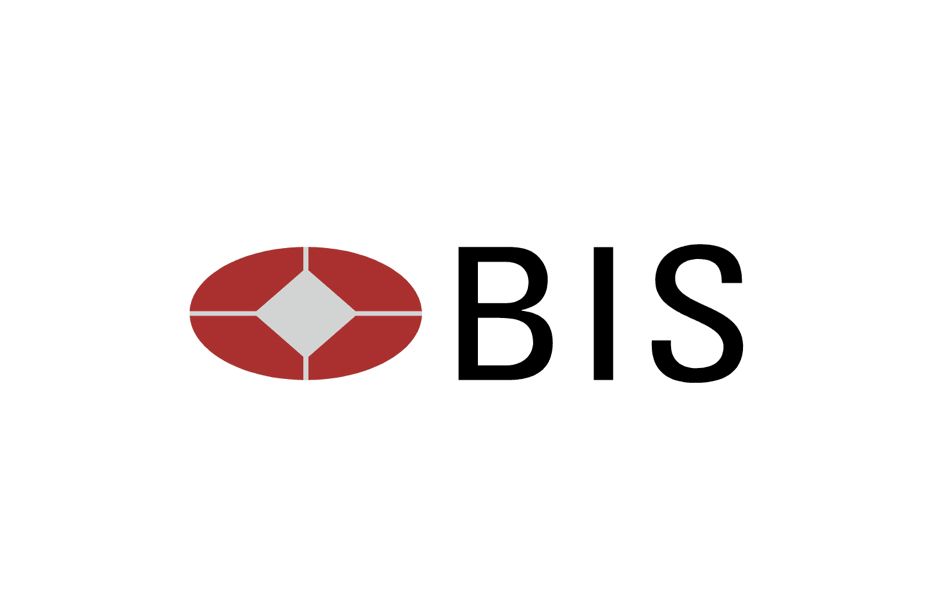
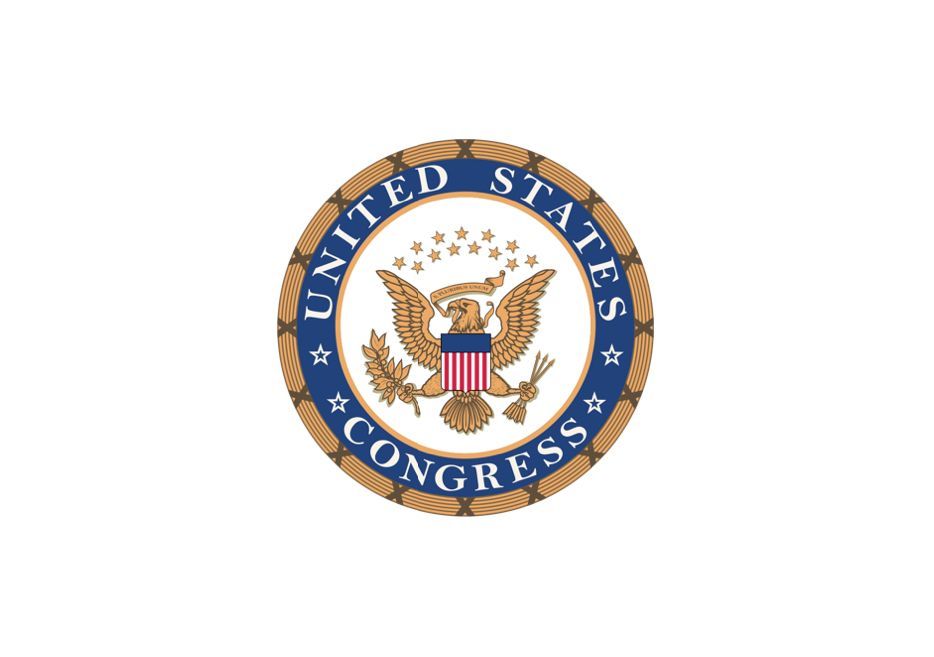

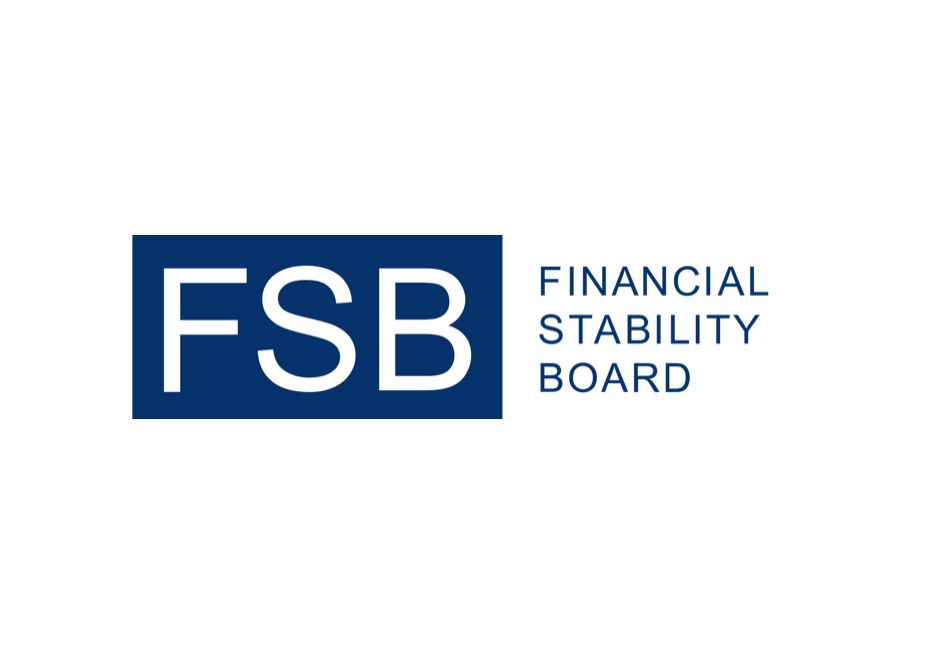
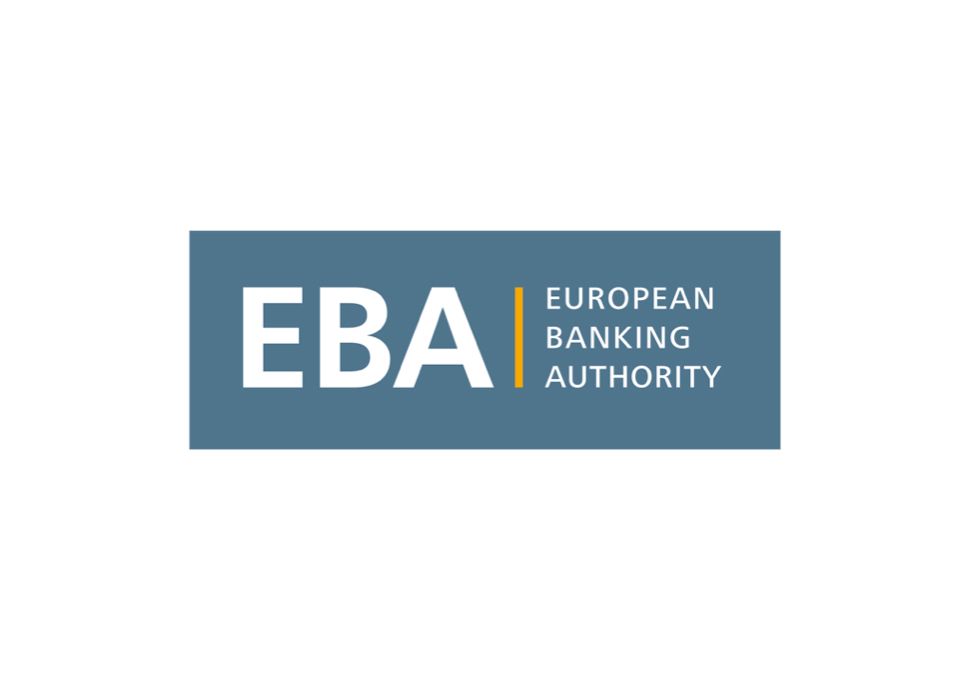

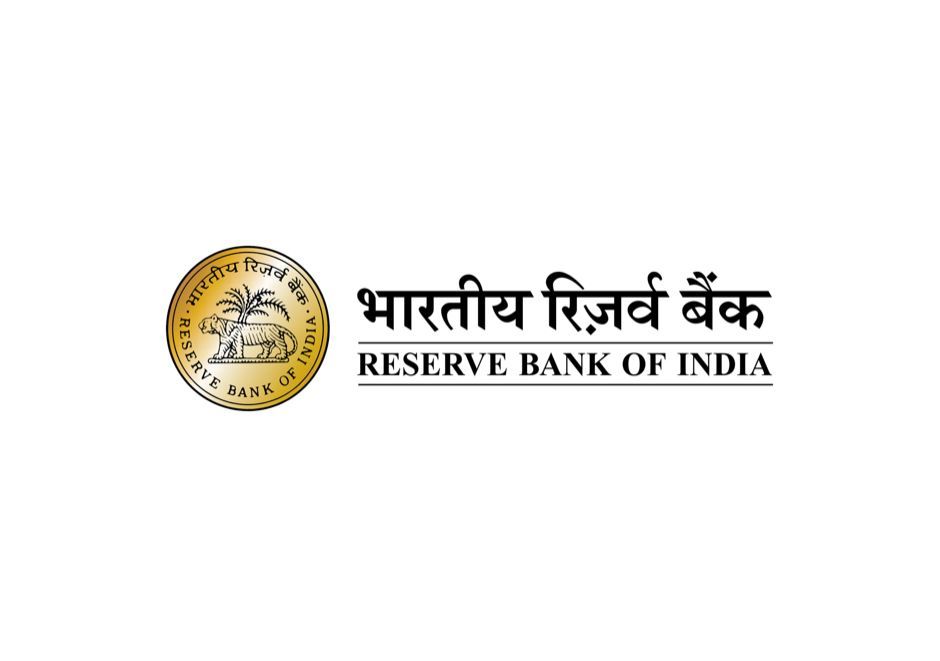
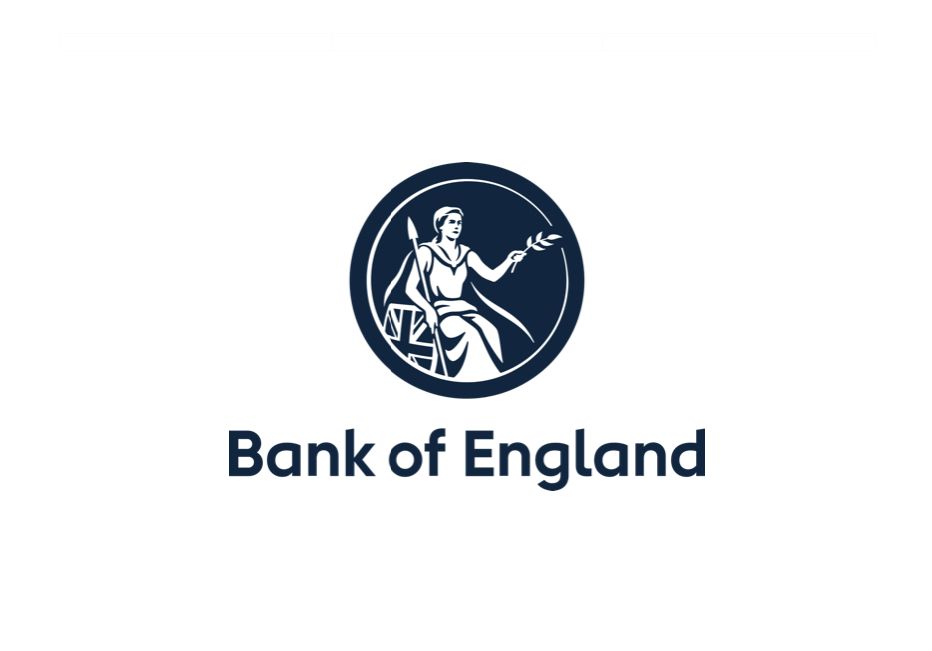
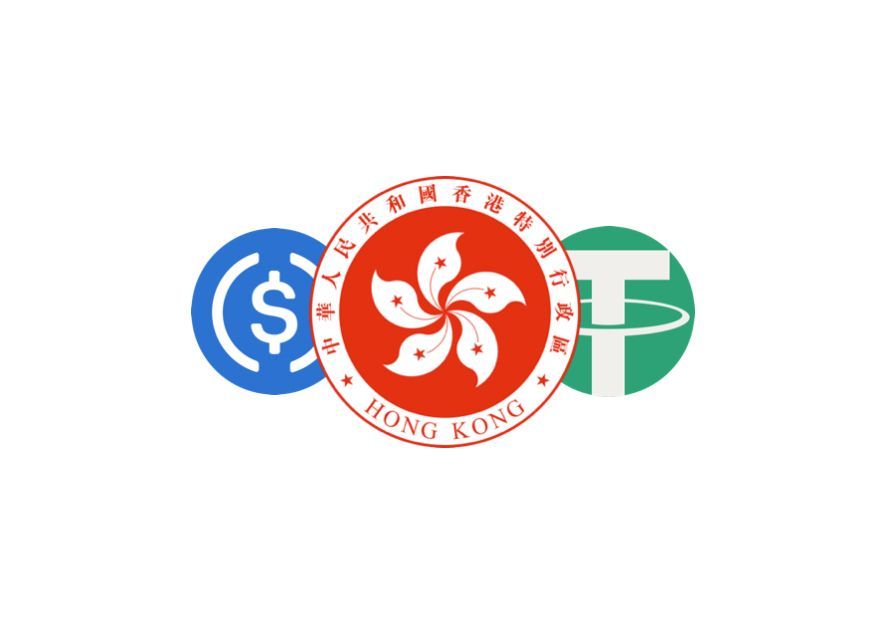
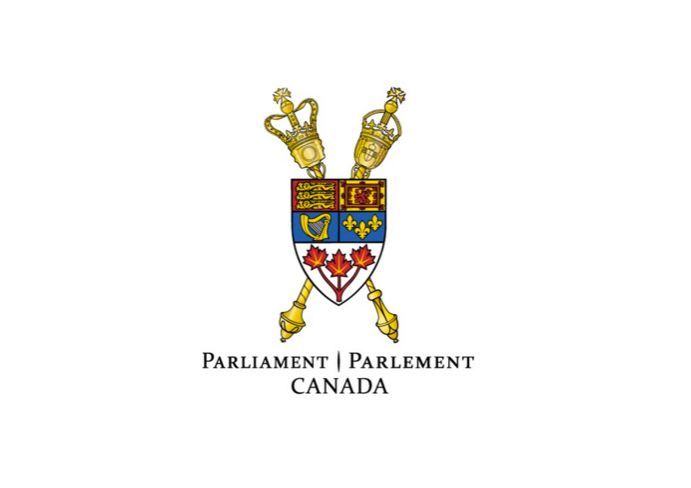
Disclaimer:
GlobalStablecoins.com is an informational website that provides news about coins, blockchain companies, blockchain products and blockchain events. Don’t take it as investment advice. Speak to an advisor before you risk investing in an ICO, Cryptocurrencies, Cryptoassets, Security Tokens, Utility Tokens, Exchange Tokens, Global Stablecoins, Stablecoins or eMoney Tokens. GlobalStablecoins.com is not accountable, directly or indirectly, for any damage or loss incurred, alleged or otherwise, in connection to the use or reliance of any content you read on the site.
Affiliate Disclosure / Sponsored Posts:
If a Sponsored Post contains any mention of a crypto project, we encourage our readers to conduct diligence prior to taking further action. GlobalStablecoins.com does not recommend that any cryptocurrency should be bought, sold, or held by you. Do conduct your own due diligence and consult your financial advisor before making any investment decisions.
GlobalStablecoins.com may receive compensation for affiliate links. Should you perform activities in relation to an affiliate link, it is understood that some form of compensation might be made to GlobalStablecoins.com. For example, if you click on an affiliate link, and sign up and trade on an exchange, GlobalStablecoins.com may receive compensation.
Before you invest in Cryptoassets you should be aware of the following,
Cryptoassets are considered very high risk, speculative investments.
If you invest in Cryptoassets you should be prepared to lose all your money.
All Sponsored Posts are paid for by crypto projects, coin foundations, advertising firms, PR firms, or other marketing agencies. GlobalStablecoins.com is not a subsidiary of any marketing agency, nor are we owned by any crypto or blockchain foundation.
The purpose of offering Sponsored Posts to our advertisers is to help fund the day-to-day business operations at GlobalStablecoins.com.
If you come across a Sponsored Post which you believe is fraudulent and/or “scammy,” please contact us and we will perform an immediate investigation.
All Rights Reserved | GlobalStablecoins.com
